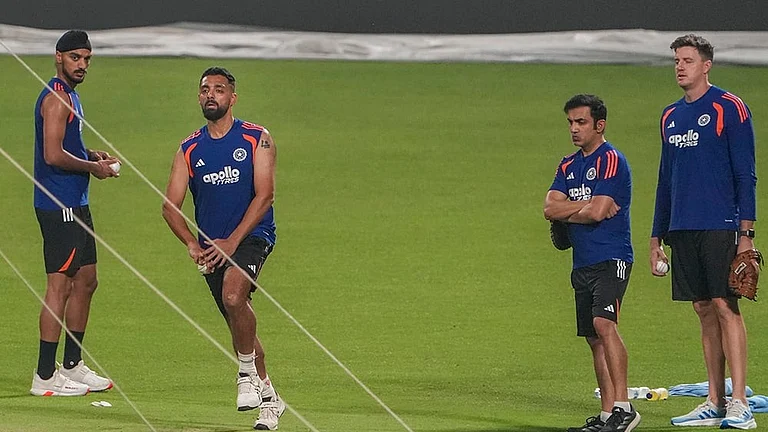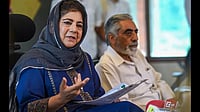The Supreme Court criticized the Centre for not enforcing the constitutional provision of 33 per cent reservation for women in municipal bodies in Nagaland. It was pointed out that the central government took 'extreme steps against states which are not amenable to it' while did not apply the same for the states that are governed by the ruling political party.
The Judges Sanjay Kishan Kaul and Sudhanshu Dhulia expressed dissatisfaction that the constitutional amendment introduced in 1992 had not been executed in the state and said the "Centre could not wash its hands off". The bench added that the Centre took actions against the states governed by the opposition parties but it was not the case for the states with similar political dispensation.
According to a report by TOI, the bench told the Centre, "What are you doing? There is the same political dispensation there, so you cannot say that politically you are not on the same page. Do not make us say that the Centre is not implementing the Constitution. You must play an active role to ensure its implementation. You are the same political dispensation. You take extreme steps against other states which are not amenable to you but you are not taking steps against governments of the same dispensation."
They also added, "The central government cannot wash its hand off the issue. Its task is simplified by the fact that the political dispensation in the state is in line with the political dispensation at the Centre. Giving you (state) last of the last opportunity."
Additional solicitor general K M Nataraj who was appearing for the Centre has asked for some time to follow the order. Reportedly the ASG also mentioned that the situation in Manipur was not conducive and has asked for three months time.
Reports said that the Supreme Court bench has set a deadline for the implementation of the constitutional provision for the Centre and state which is September 26. On the other hand, the Naga groups are opposing the said provision as it interferes with Naga tradition and customary practice, as claimed by the two governments.
The court then mentioned that the situation in Nagaland is much better compared to the war-torn Manipur which is facing ethnic violence for a couple of months now. Justice Kaul reportedly said, "What is happening is very painful. I am restraining myself from saying more which will not be palatable to you," reported TOI.
According to the court, Nagaland is a state with high levels of education, status, and participation among women. Therefore, there is no justification for denying women's reservation in municipal governance. They also pointed out that Nagaland being ruled by the Bharatiya Janata Party coalition government might make it easier for the Centre to apply the provision in the state.






















